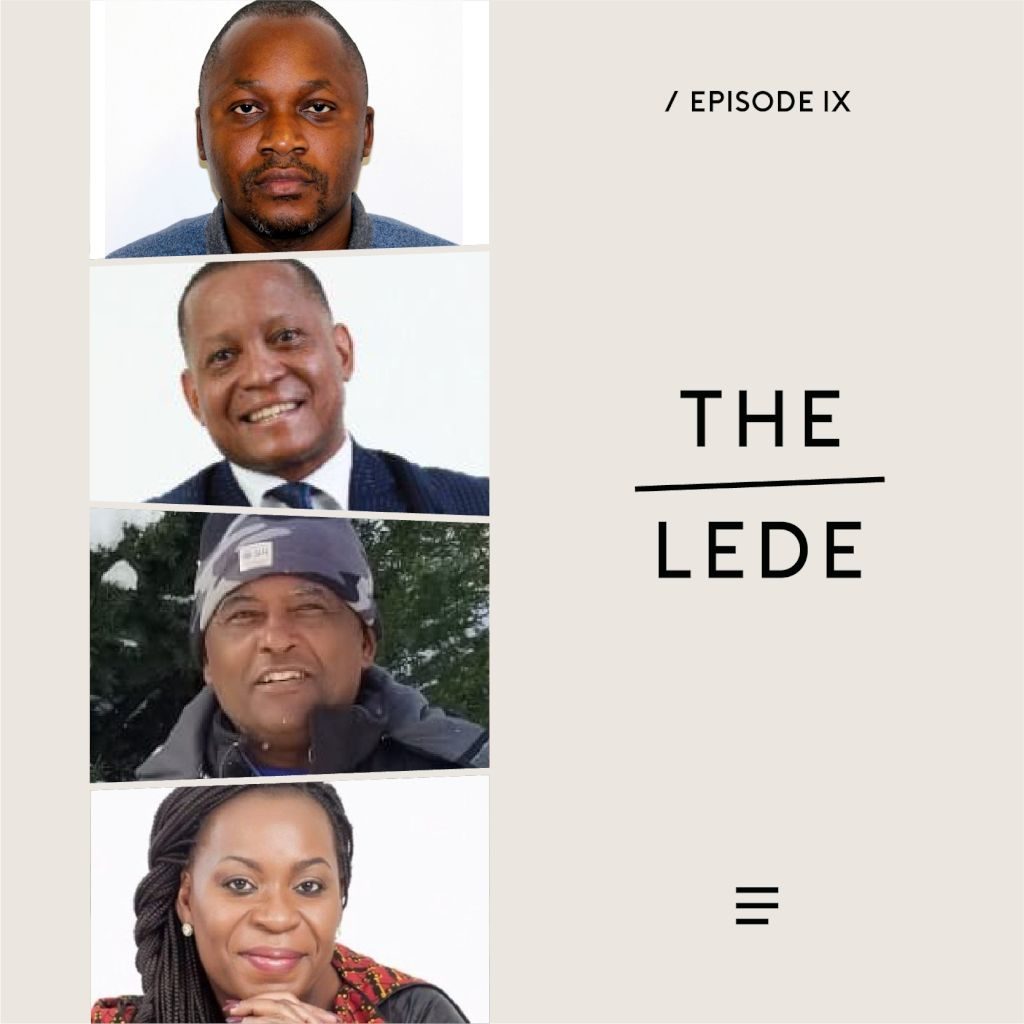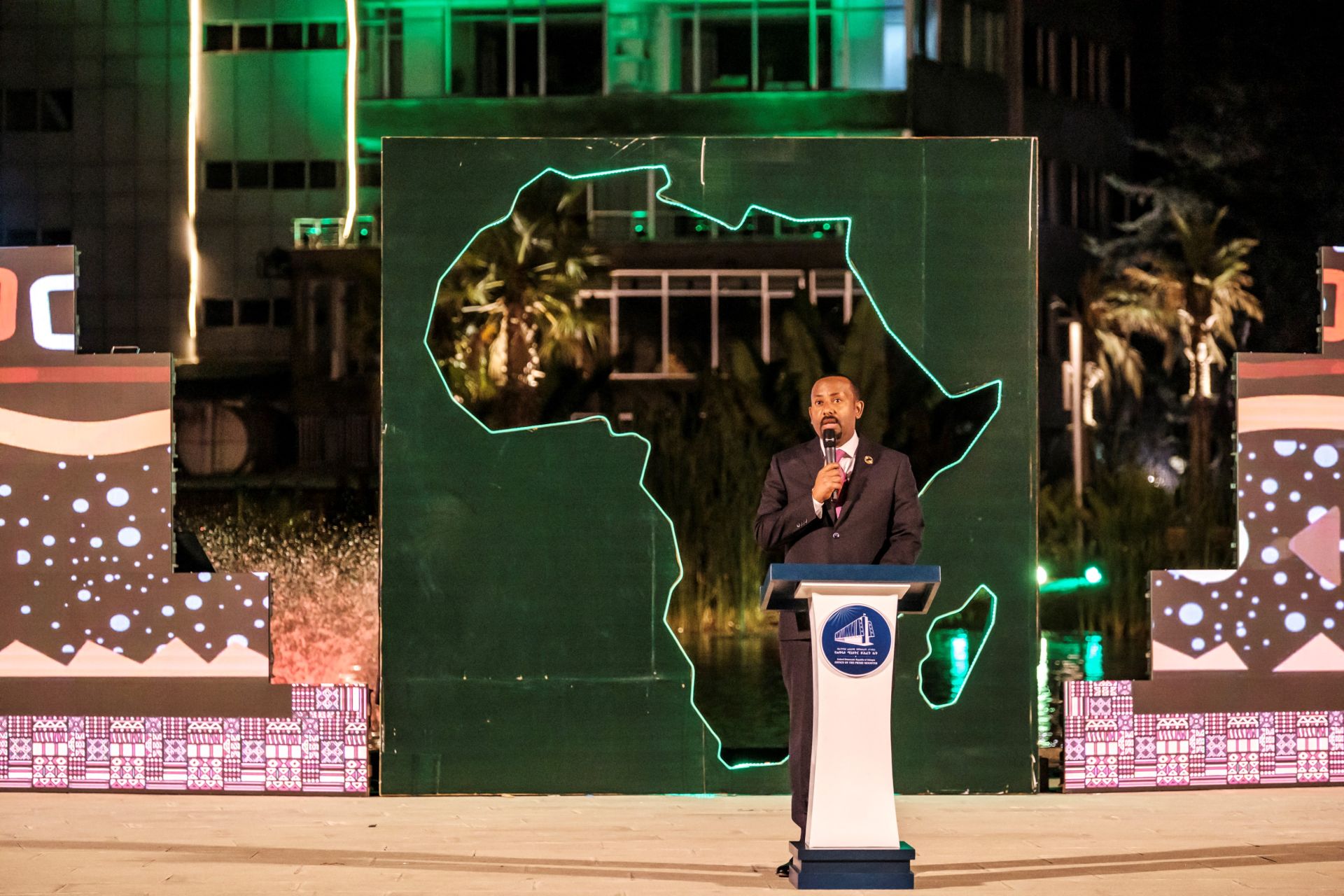For two years, Ethiopia has been caught in the grip of a war between government forces and the Tigray People’s Liberation Front (TPLF), who control the country’s northernmost state. As the power struggle polarized the country along ethnic lines, the number of mass killings and other atrocities led one Ethiopian general to dub it a “very dirty war.” An agreement in March led to a truce, but after five months, fighting was reignited on Aug. 24.
Yet hope for a lasting peace may not yet be lost. “Initially, the Tigrayans insisted that they were not going to be part of the peace process,” Dr. Adeoye Akinola tells New Lines’ Kwangu Liwewe. But thanks to the diplomatic efforts of the African Union (AU), both the federal government and the TPLF have agreed to allow the international organization to mediate negotiations between the warring factions.

“What is actually required is a reformation of not just the institutions, but the manner in which politics is carried out in Ethiopia.”
As the United Nations convenes in New York, Ethiopians are watching closely in the hope that diplomacy can triumph. “We cannot hide from this,” says Tedla Asfaw. “We have to face it.” But with neighboring Eritrea, a government ally, launching a new offensive into Tigray, the conflict looks as if it may descend once more into total war.
“Whether it’s the AU or the United Nations,” says analyst Chris Maroleng, “It’s quite clear that what is actually required is a reformation of not just the institutions, but the manner in which politics is carried out in Ethiopia.”
Produced by Joshua Martin


